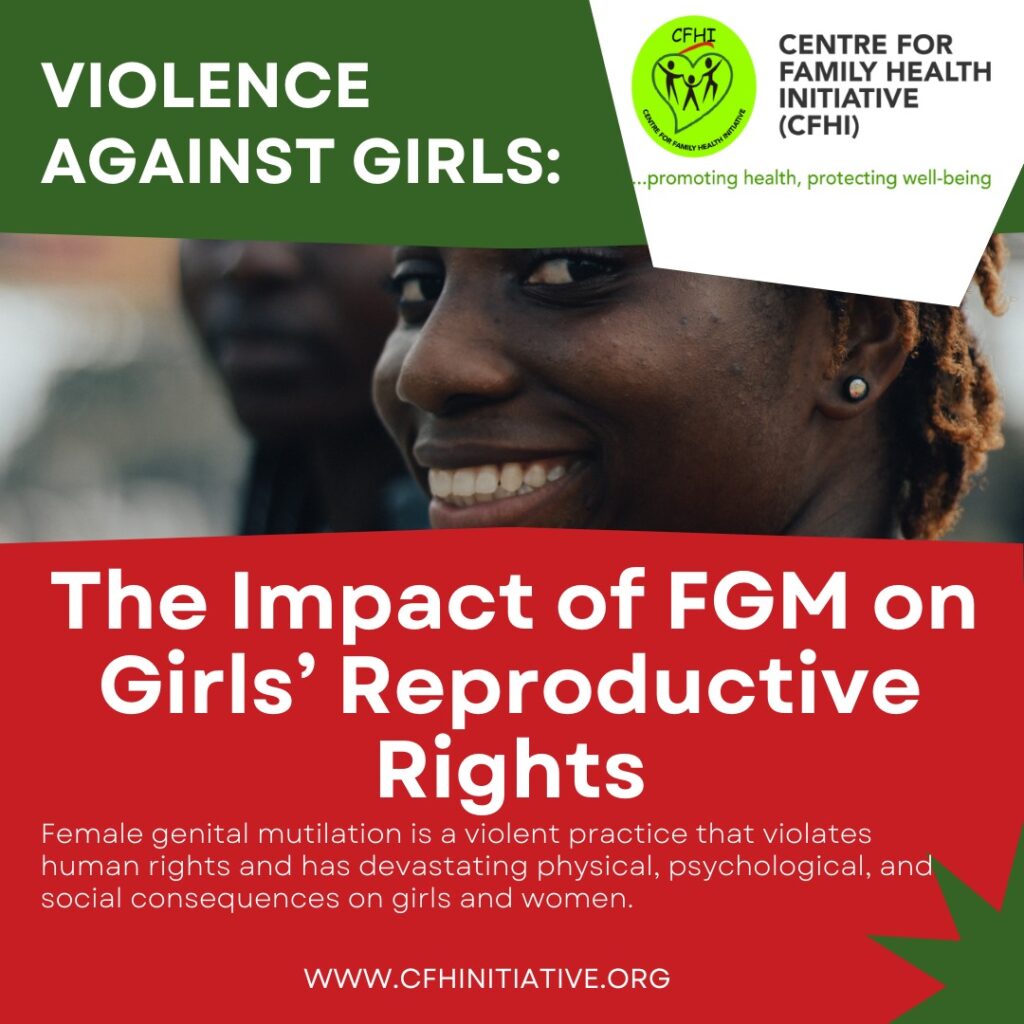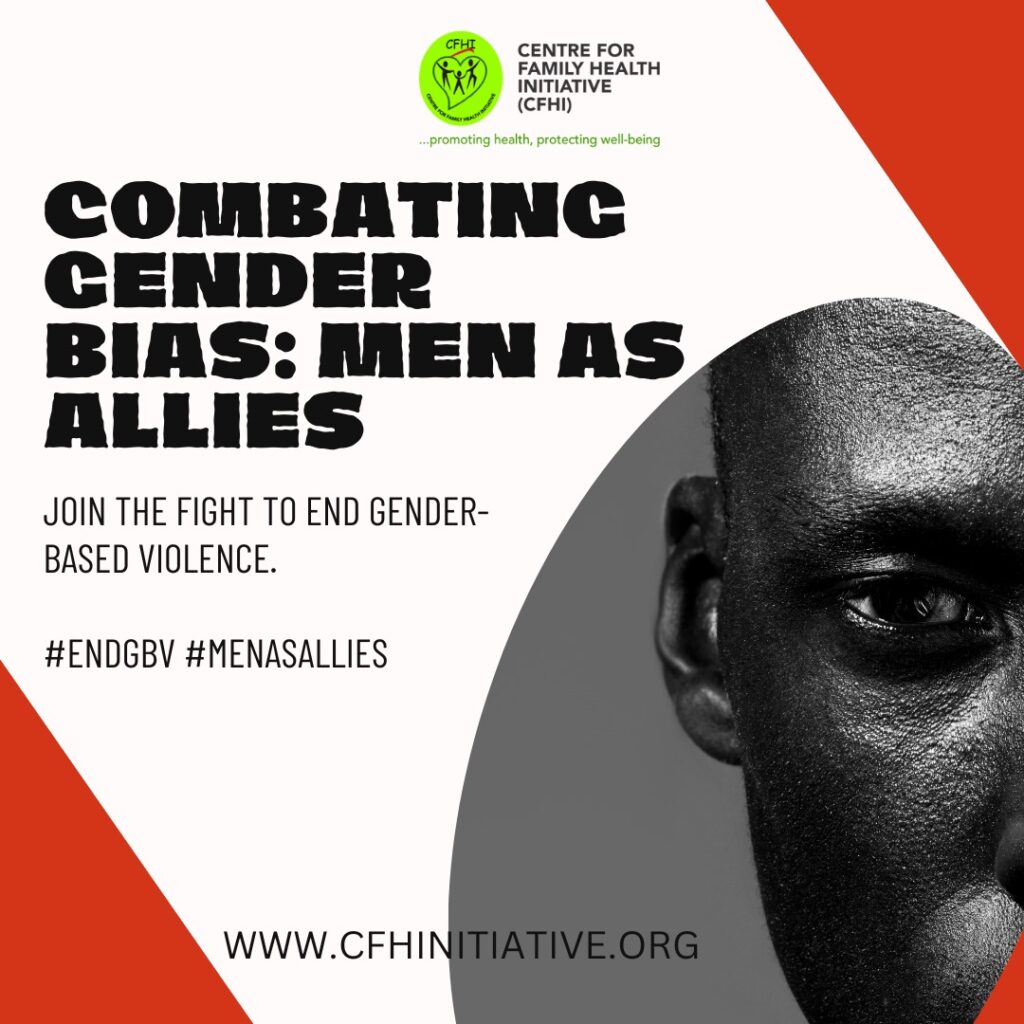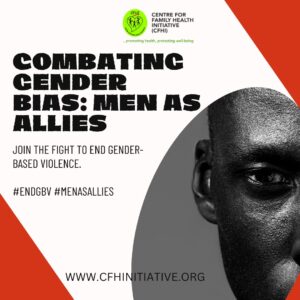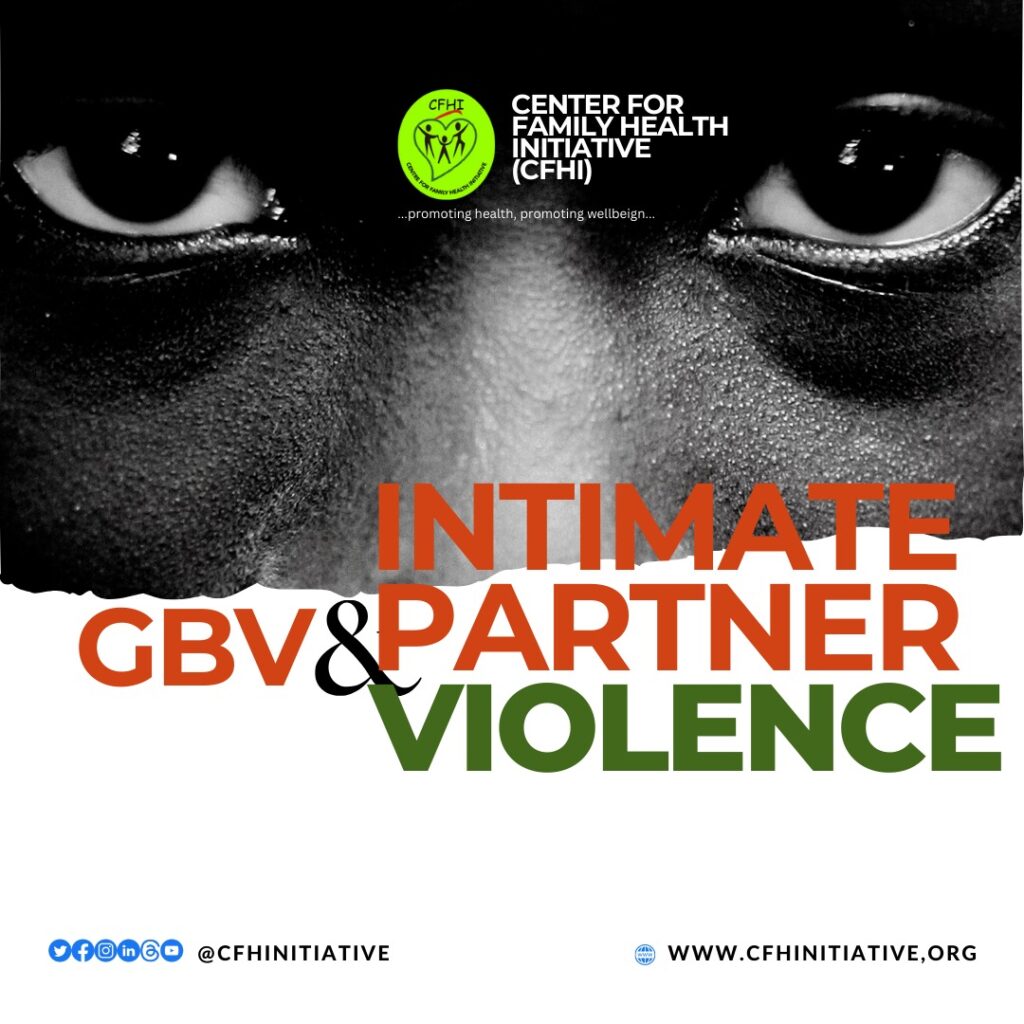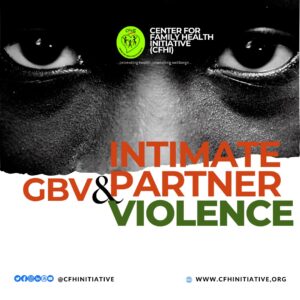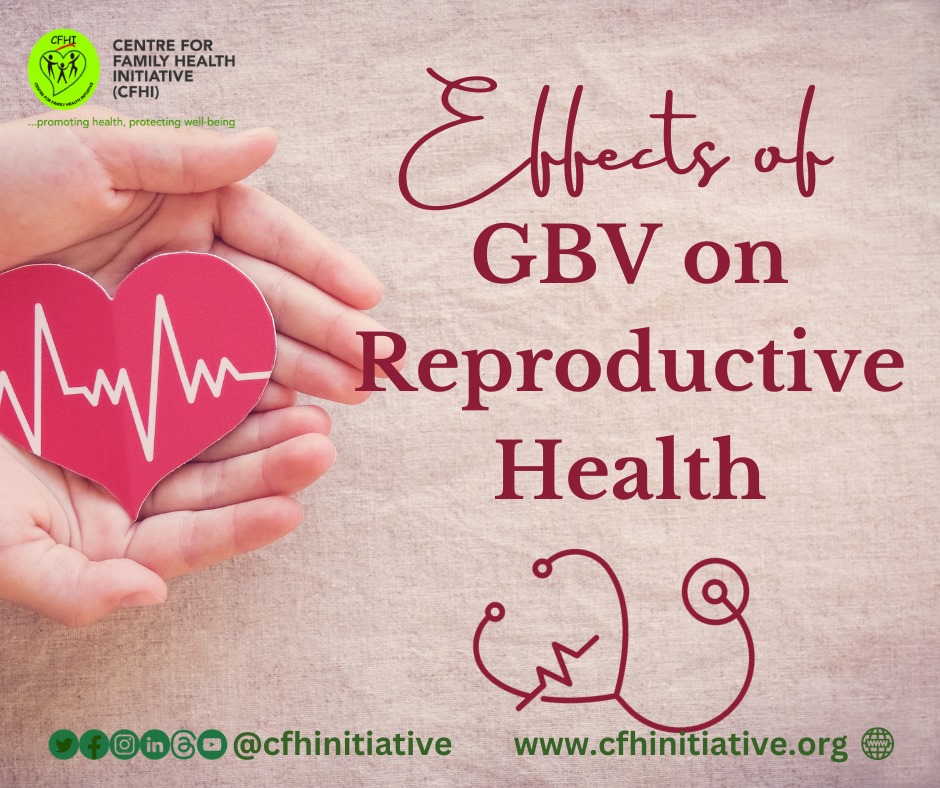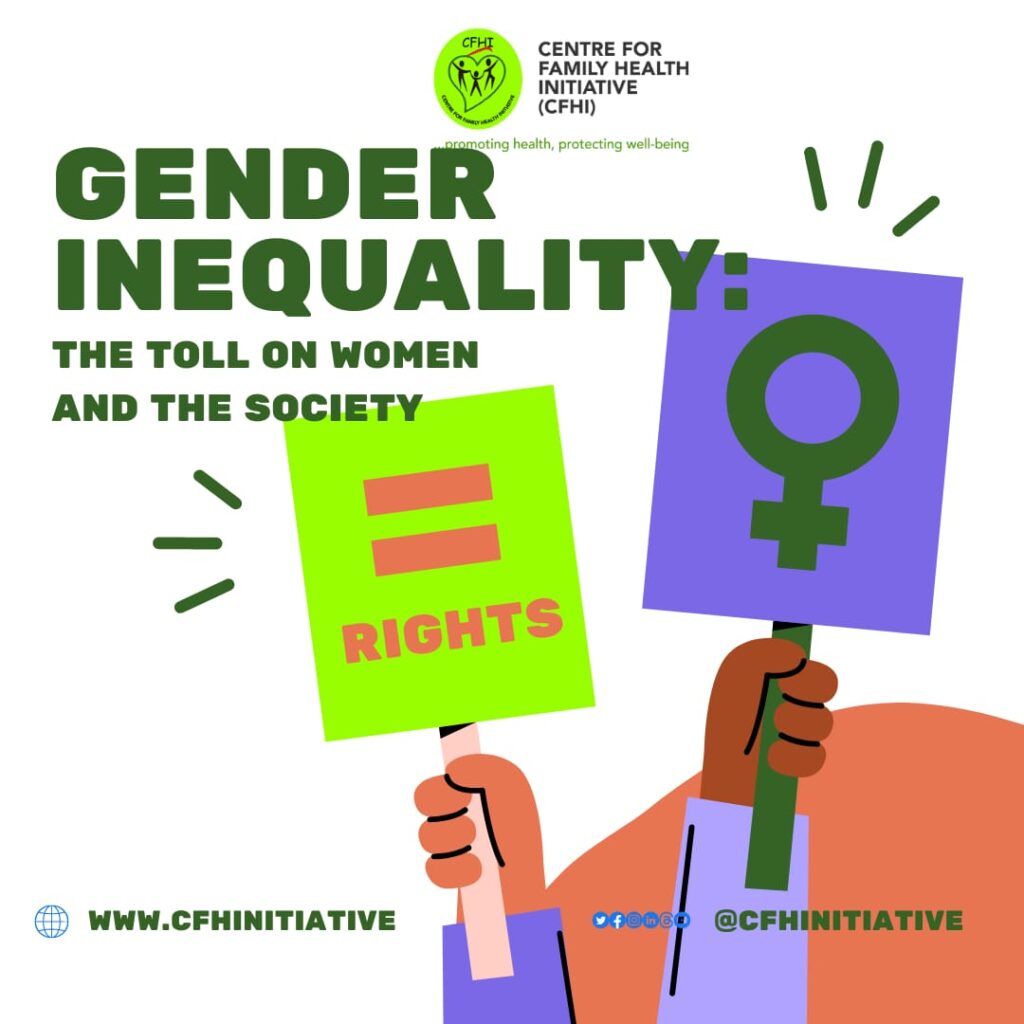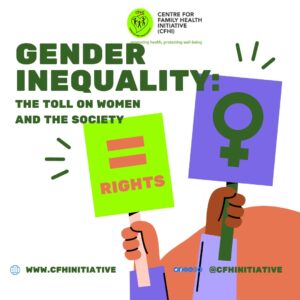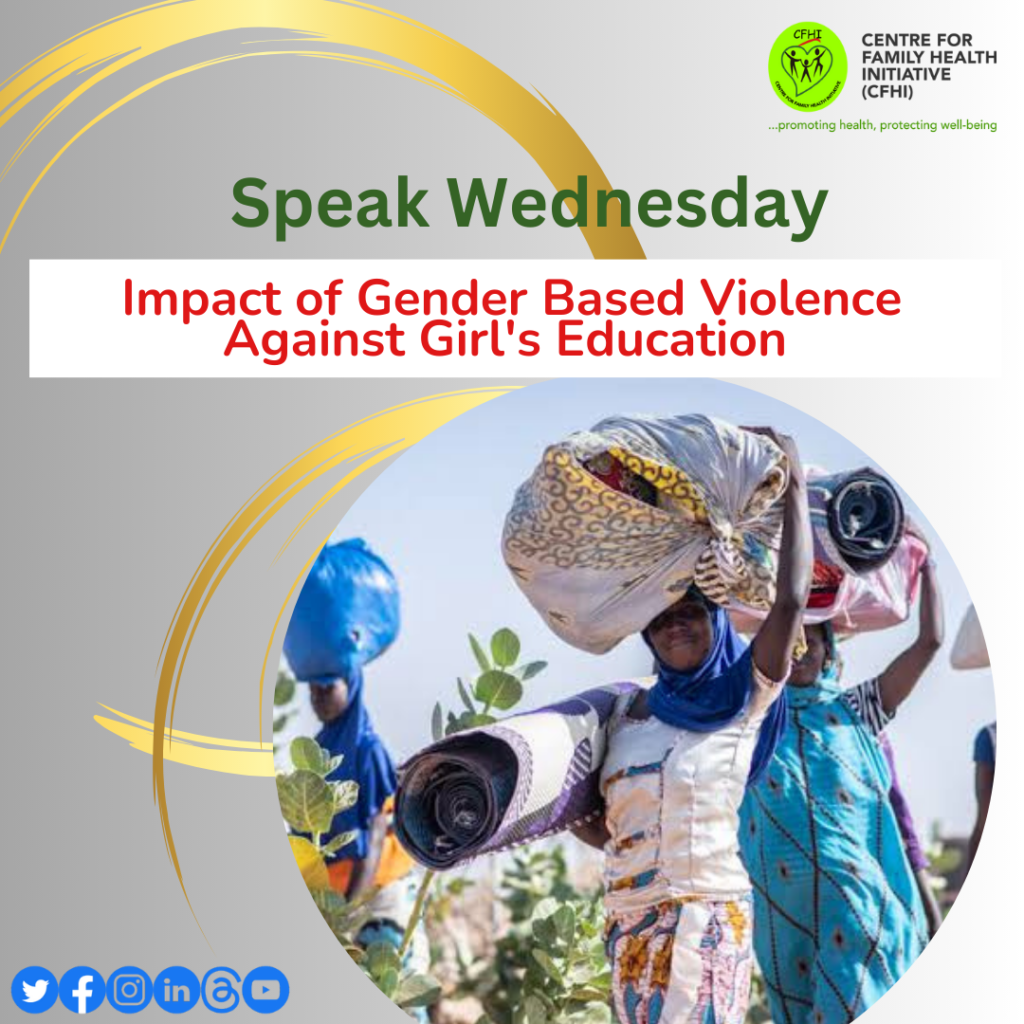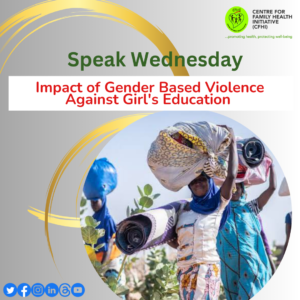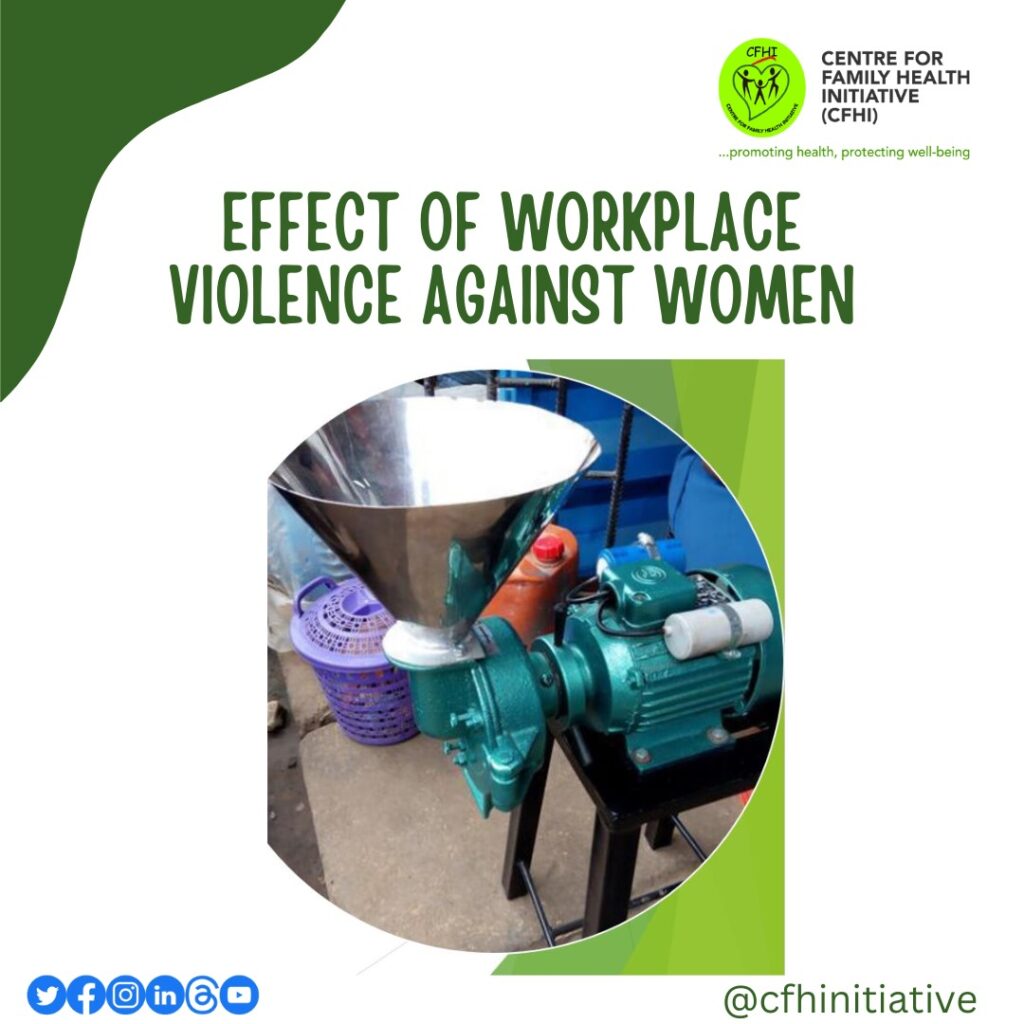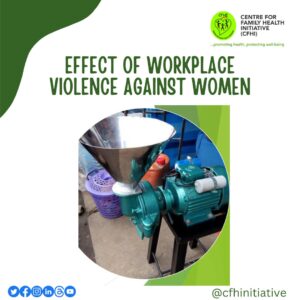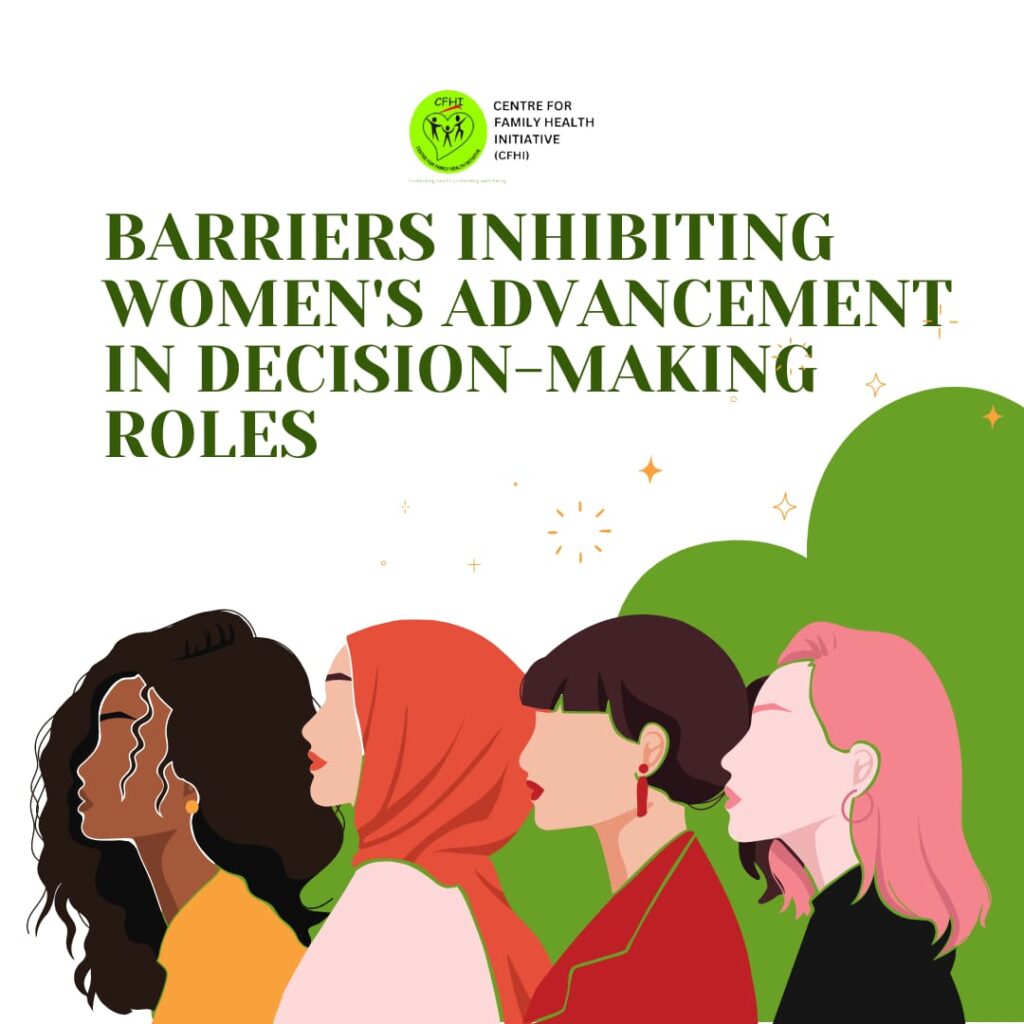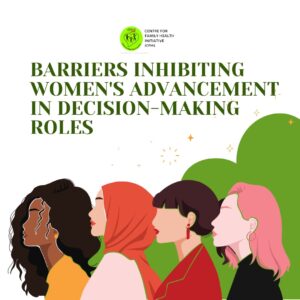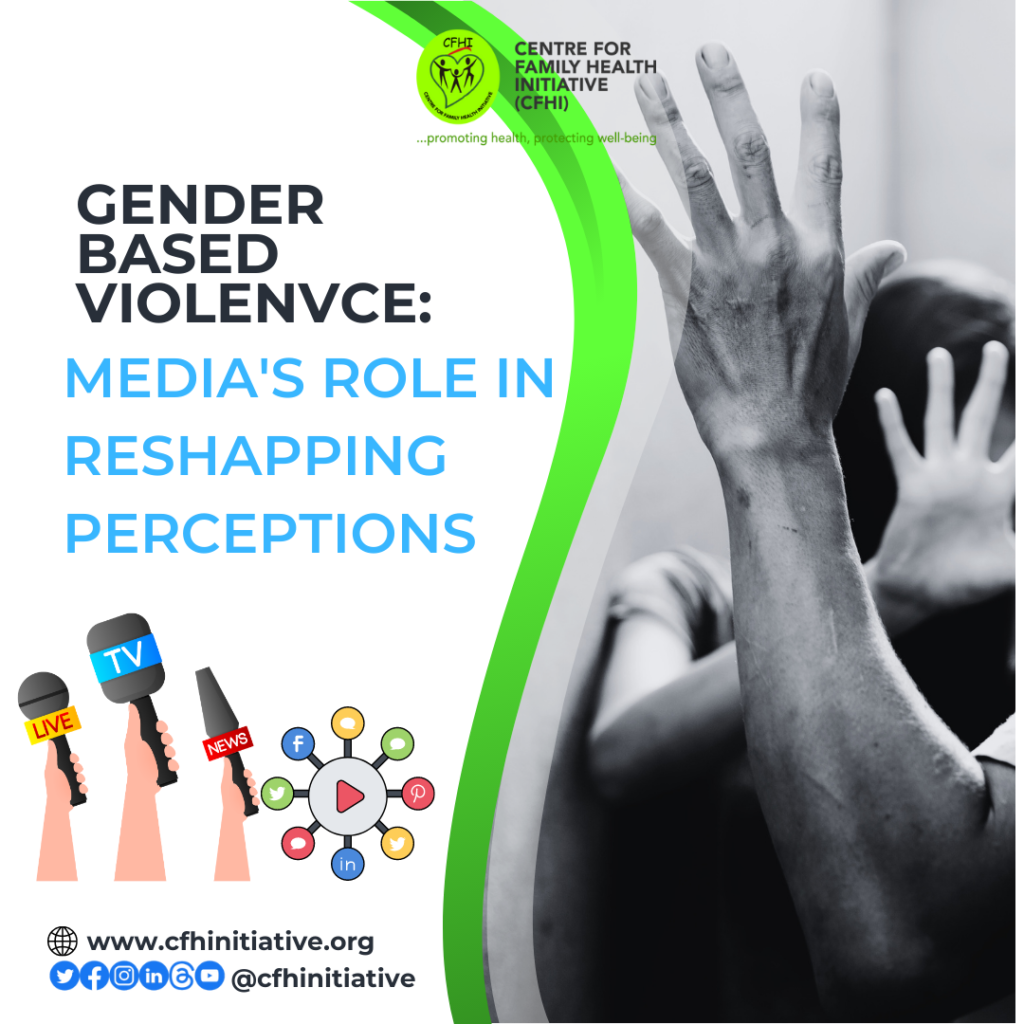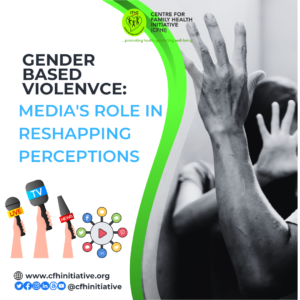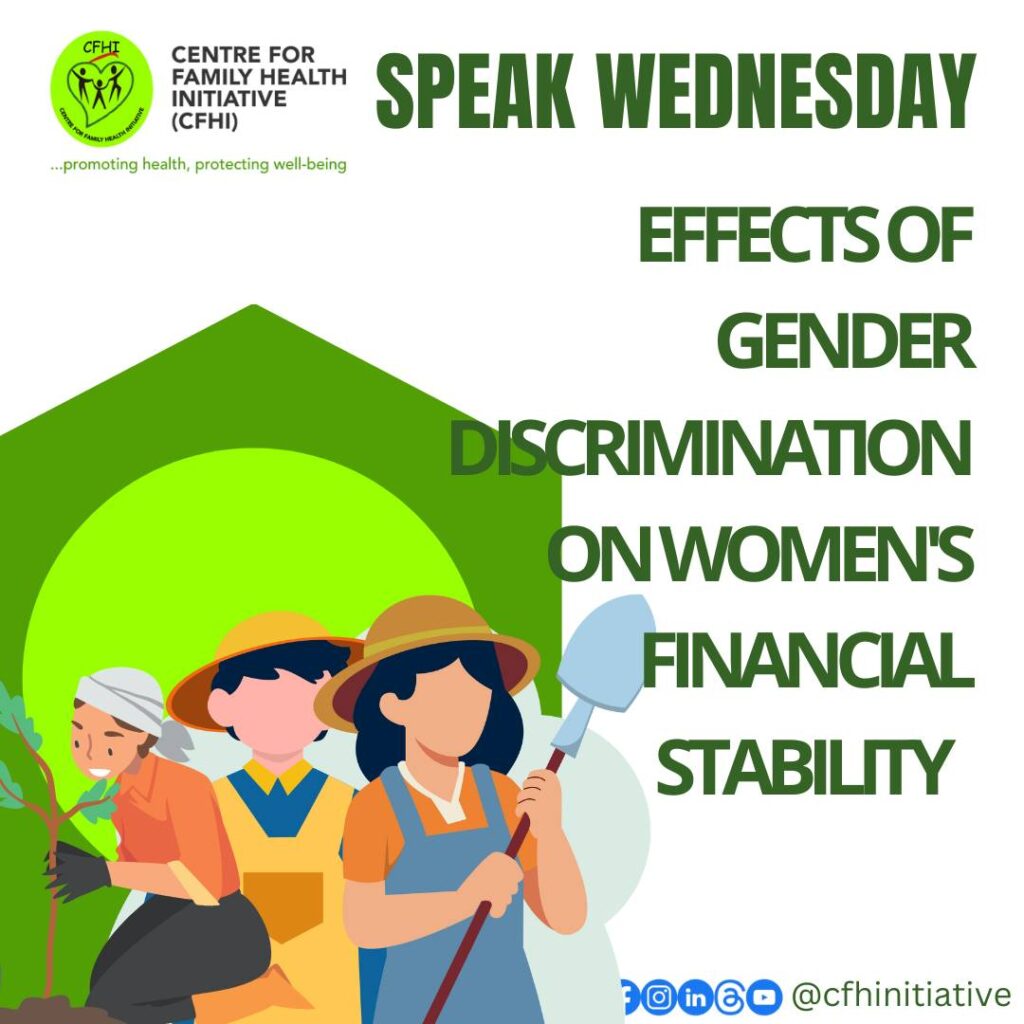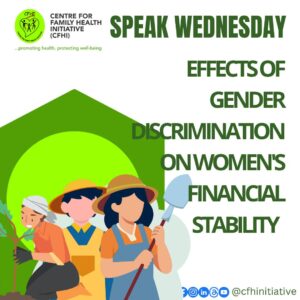SPEAK WEDNESDAY ON THE IMPACT OF FGM ON GIRLS’ REPRODUCTIVE RIGHTS
I could barely walk after the cut. My mother and the old woman who helped to hold me down during the process tried to help me up, but I collapsed. I almost bled to death. ~ FGM Survivor
Female Genital Mutilation is a form of gender-based violence that girls have suffered for ages. It has been recognized internationally as a violation of the reproductive rights of girls and women.
FGM can be described as the practice of the partial or total removal of the external genital organs in young girls and women. This procedure predominantly occurs in females from infancy to adolescence, and sometimes in adult women. This procedure is carried out by a religious leader, elder, or amateur medical practitioner using a razor or a sharp glass.
The fact that there are no health benefits of FGM but harm cannot be overemphasized.
The World Health Organization states that girls who undergo the practice of FGM run the immediate risk of hemorrhage, excruciating pain, fever, genital tissue swelling, infections like tetanus, urinary problems, problems with wound healing, shock, and death.
Due to their lack of knowledge about the act’s effects, girls and women who undergo FGM run a higher risk of developing accumulated life-long health issues that may not be discovered immediately after the cut. The long-term side effects also include a higher risk of complications during childbirth and urinary, vaginal, menstrual, and scar tissue issues. It is pertinent to note that all forms and types of FGM can result in immediate or long-term health complications, and a victim can suffer multiple complications.
To this extent, research has unquestionably demonstrated that FGM is only connected to endangering the well-being of women and girls, with consequences that may last a lifetime.
The Convention on the Rights of the Child (Article 24 (3)) mandates states to abolish traditional practices prejudicial to children’s health. Therefore, it is urgent to step up efforts to end FGM, educate the general public about the health effects of FGM, and provide medical help to victims of FGM.
FGM is a violation of the reproductive rights of children. Say no to FGM!
Speak Wednesday is an initiative of CFHI to address issues around gender-based violence and gender bias.
#SpeakWednesday # FGM #EndFGM #ChildHealth #ChildRights #GenderStereotype #GenderBias #GenderInequality
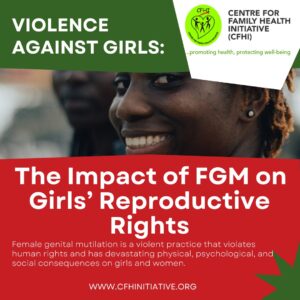
SPEAK WEDNESDAY ON THE IMPACT OF FGM ON GIRLS’ REPRODUCTIVE RIGHTS Read More »

